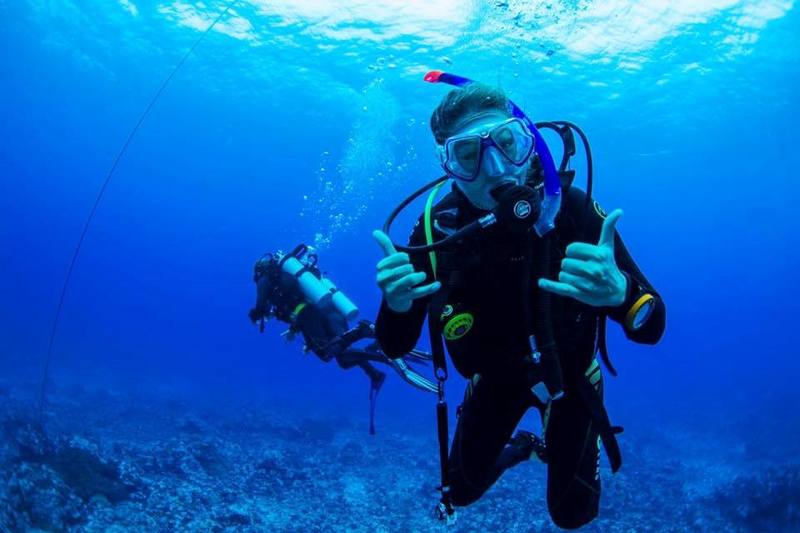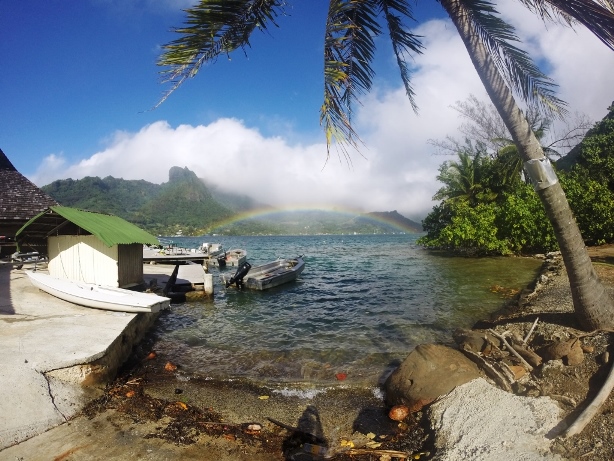Mélisande Aellen
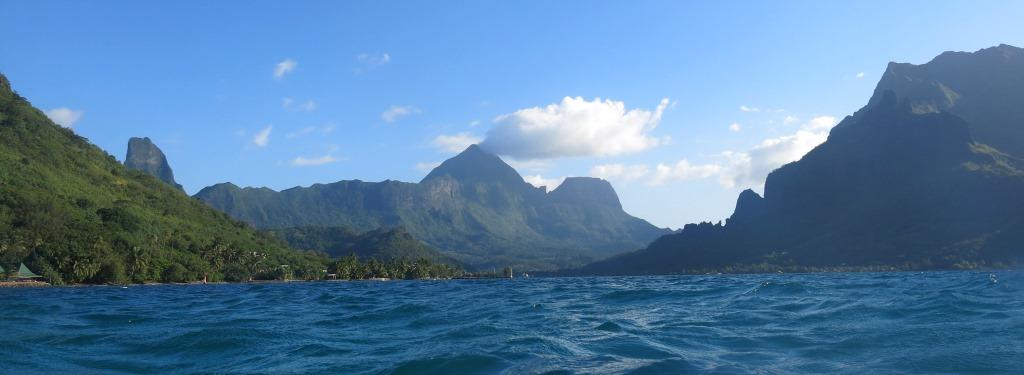
Marine cleaning mutualism, where small fish (“cleaners”) remove ectoparasites from other fish (“clients”), provides a textbook example of cooperation between species. Conflict arises when cleaner species prefer to eat client mucus over ectoparasites. This statement applies to the most specialized cleaners known, which belong to the wrasse genus Labroides. Two species of this genus have been studied in detail, and the results suggest that the resolution of the conflict of interest between cleaner and client strongly depend on the cleaners’ ecology. The aim of my master project was to study a third species from the same genus to further elucidate the role of ecology. This third species had never been studied before. I therefore started with basic field observations, followed by one experiment designed to test their cooperative strategies.
I studied the cleaner fish, Labroides rubrolabiatus, which is abundant around French Polynesia (Moorea). The particularity of this fish, and the reason we chose it, is that it is phylogenetically closer to the well-studied roving cleaner L. bicolor while its ecology most likely resembles the also well studied L. dimidiatus, which defends small territories called cleaning stations.
The specific question to be answered within this master project was: what is the predictive power of phylogenetic relatedness relative to ecological similarities with respect to L. rubrolabiatus cleaning behaviour and underlying cooperative strategies?
This thesis is a comparative study between three different cleaner species, meaning that we observed similar behaviours from similar conditions and then compared the data from each species. It is important to observe animals in the same conditions, because a lot of factors in the environment can affect animal behaviour, such as client fish density, th surrounding reef, depth, etc., and cause errors in data. Controlling for these different factors, we can determine which species are most similar to another.
In this study we got some interesting results and we want to continue to collect more information about this ecological system.
My PhD research will be about cognition in cleaner fish in general, comparing the three cleaner species mentioned above. It would be also great to do a comparative study within the same species but comparing its behaviour depending on the environment (different country). More observations and more experiments will be done in the field (Moorea and Australia).
| 2015 – à ce jour | Université de Neuchâtel, PhD student, Laboratoire Eco-éthologie, Faculté des sciences |
| 2015 | Séjour linguistique, Lindau (Allemagne), durée de 4 mois en tant que fille au-pair, Dialogue Institut |
| 2014-2015 | Université de Neuchâtel, Collaboratrice scientifique, Laboratoire Eco-éthologie, Faculté des sciences |
| 2012 – 2014 | Université de Neuchâtel, Master BPE (Biologie des Parasites et Ecoéthologie), Faculté des sciences |
| 2010 – 2012 | Université de Neuchâtel, Bachelor en biologie, Faculté des sciences |
| 2008 – 2010 | Université de Neuchâtel, 1ère année médecine, Faculté des sciences |
| 2008 | Séjour linguistique, San Diego (USA), durée de 6 mois, Ecole la Jolla, EC school |
| 2004 – 2007 |
Lycée Denis-de-Rougemont, Neuchâtel, maturité gymnasiale, |
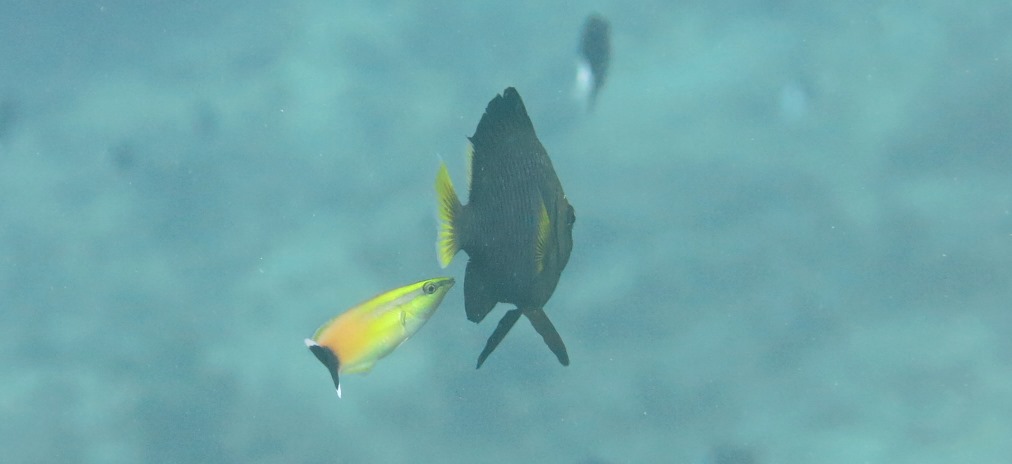
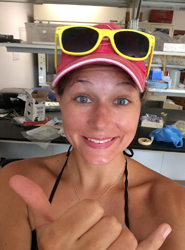
Mélisande Aellen
Assistante doctorante
E-mail:
melisande.aellen@unine.ch
Room: D 128
adresse:
Université de Neuchâtel
UniMail
Institut de Biologie
Eco-Ethologie
Rue Emile-Argand 11
CH-2000 Neuchâtel
Tel. +41 32 718 31 20
Fax +41 32 718 30 01
